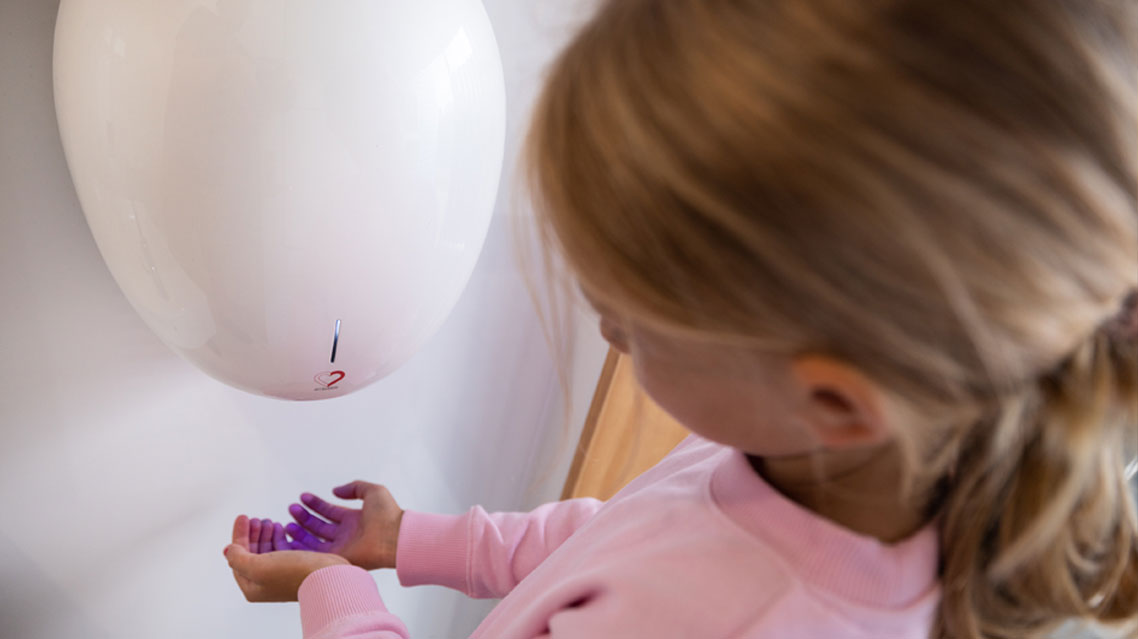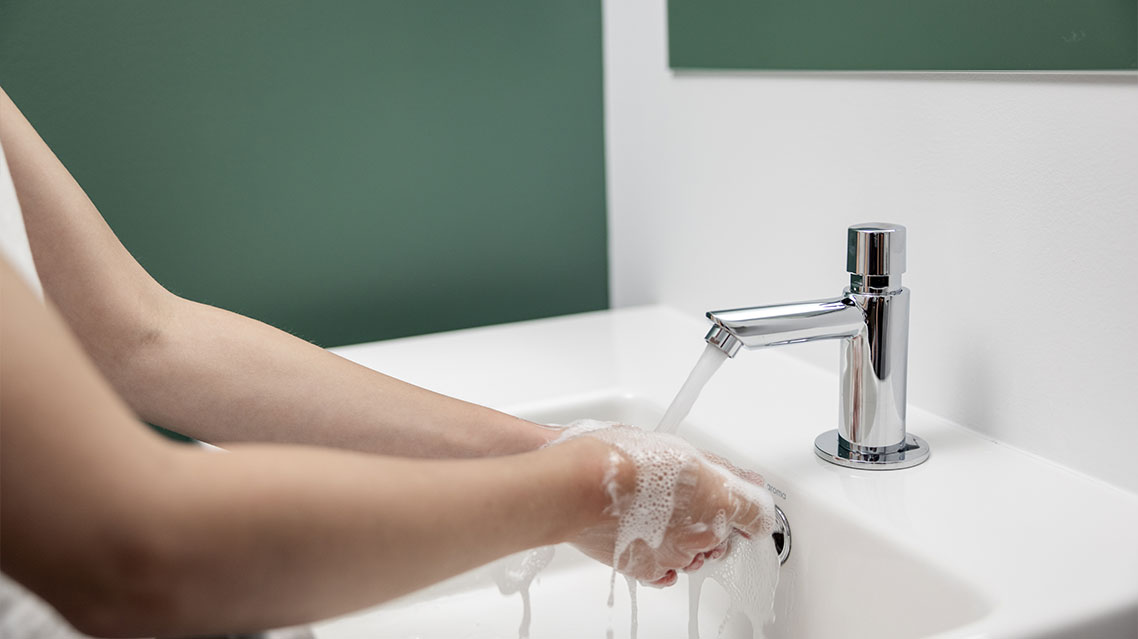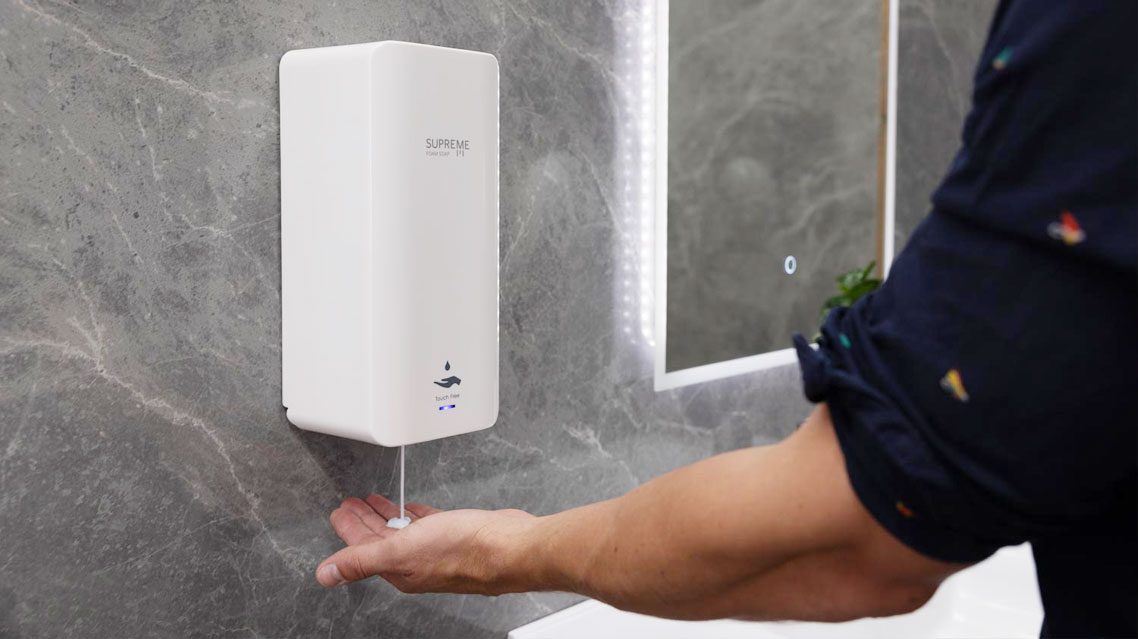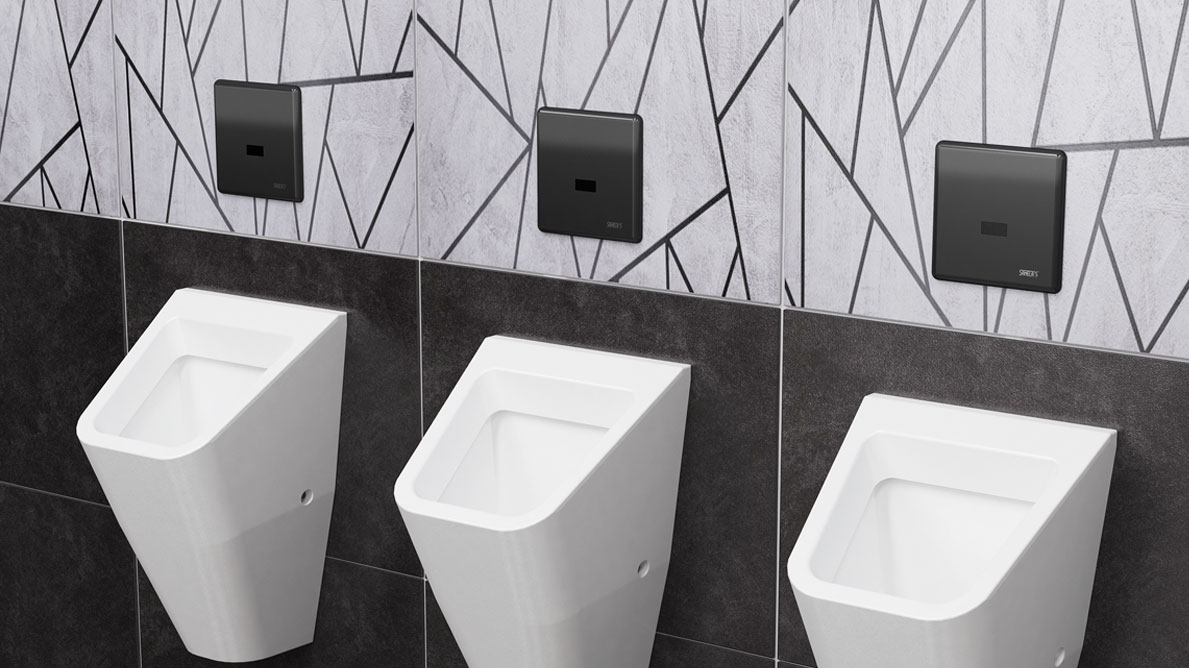In the dynamic world of education, where every decision impacts both the student experience and the budget, the strategic move to swap traditional paper towels for high-speed hand dryers in school restrooms emerges as a winning formula. This transition not only bolsters hygiene practices but significantly slashes costs and propels schools into a more sustainable, environmentally conscious future.
The immediate cost benefits of this switch are impressive. High-speed hand dryers reduce the ongoing expense associated with purchasing and disposing of paper towels, offering schools substantial savings of up to 99% per annum (excluding the initial investment).
Beyond the financial gains, these dryers are a game-changer in terms of environmental responsibility. The elimination of paper waste contributes to a remarkable 90% reduction in CO2 emissions, aligning with schools’ commitments to sustainability and responsible resource management.
The negative impacts of paper towels in school environments are far-reaching. The constant need for replenishing dispensers and disposing of paper waste not only incurs ongoing expenses but also demands a considerable investment of time and effort from custodial staff. Moreover, the mess left behind from discarded paper towels can create an unsightly and unhygienic restroom environment, impacting the overall cleanliness of the school. In addition, the misuse of paper towels, including attempts to flush them down toilets, often leads to plumbing issues and blockages, further adding to maintenance headaches and costs.
The environmental impact of paper towels goes beyond their immediate use in restrooms. The production of paper towels involves the consumption of natural resources, such as trees and water, contributing to deforestation and water usage. Furthermore, the manufacturing process often involves the use of energy and chemicals, which can result in additional environmental pollutants.
Disposal of used paper towels poses its own set of challenges. When paper towels end up in landfills, they contribute to the overall waste accumulation and take a considerable amount of time to decompose. This decomposition process releases methane, a potent greenhouse gas that contributes to climate change.
By transitioning to high-speed hand dryers, schools not only address the immediate issues related to cleanliness and costs but also take a significant step towards reducing their overall environmental footprint. This shift aligns with the growing awareness of the importance of sustainable practices, contributing to a greener and more eco-friendly educational environment.
By making the switch to high-speed hand dryers, schools not only alleviate these logistical challenges but also pave the way for a cost-effective, eco-smart campus that prioritises hygiene, efficiency, and sustainability.
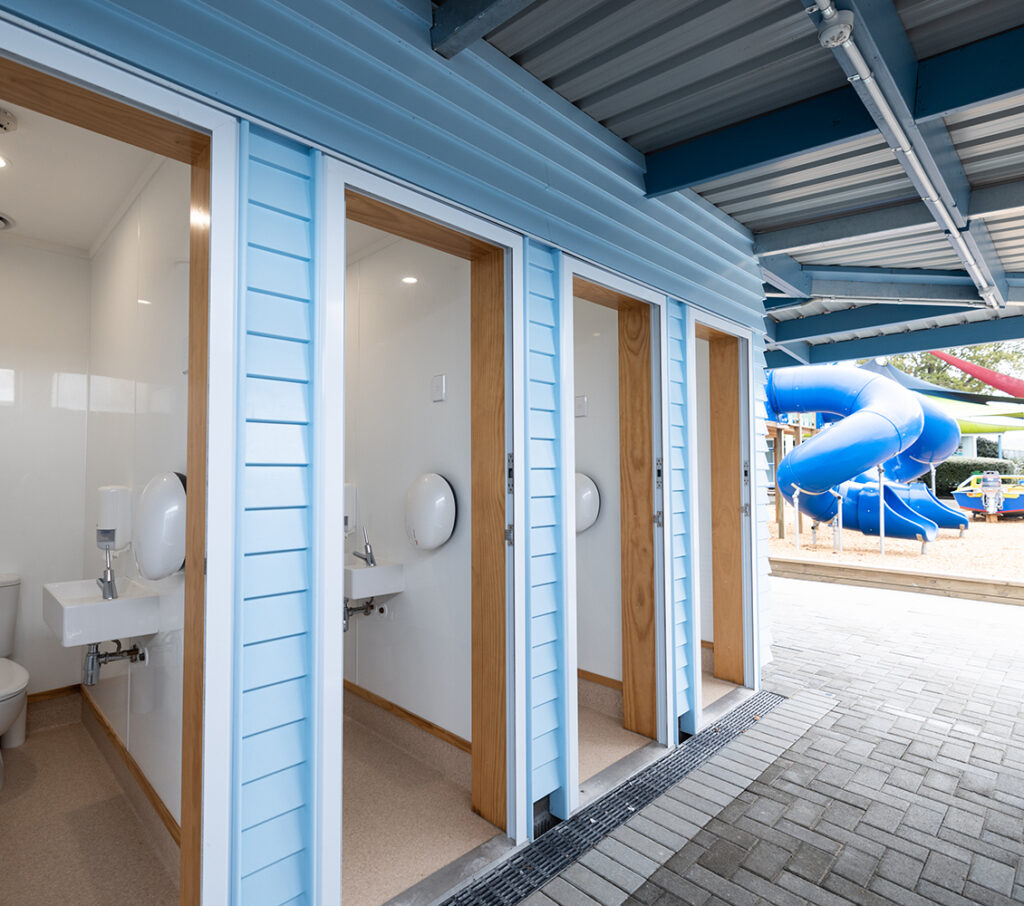
If you would like to discuss sustainable options for your school or project, please don’t hesitate to get in touch with us office@splwashrooms.co.nz or 078235790
